What is a “Sale and Leaseback”?
Long Saad Woodbridge’s commercial and industrial property law team has noticed an increasing trend of transactions where the owner, generally the developer of a block of commercial or industrial units, wishes to incentivise buyers to purchase these newly developed properties by “leasing back” the property after settlement. This is often referred to as “sale and leaseback”
This is advertised to guarantee immediate rental income to investor purchasers, who would otherwise elect to purchase properties with existing tenants, rather than newly developed properties with no tenant. This allows the buyer a buffer period to find a long-term tenant as well.
Unfortunately, we have come across transactions where the owner is never to be heard of after settlement – no rent paid, no outgoings recoverable, and the buyer left with a vacant property in a struggling leasing market.
Considerations to make before purchasing a “leaseback” property
Therefore, we have prepared the following key points to consider as part of any “sale and leaseback” transaction:
- Owner/Tenant Entity: If the owner and/or proposed tenant entity is a company, as opposed to an individual, it is vital to confirm that they are not just a shelf company (also known as a $2 company), where that entity does not own any assets. This is because suing them would likely be unsuccessful, as they will not have any ability to pay and may enter administration or liquidation to avoid paying you.
- Security: If the proposed tenant entity is a company, it is vital that a personal guarantee is provided by at least one of the directors or shareholders. Irrespective of the entity, a cash bond or bank guarantee should always be negotiated, so you have access to funds to mitigate your losses in the event of a breach by the tenant.
- Documentation: It is vital that a proper lease is prepared, that clearly sets out the terms between the parties, including what happens in the event of default, and ensures that the agreement between the parties is binding and legally enforceable.
- GST: If the purchase contract notes the transaction as a “going concern”, there must be a valid and current lease already signed and in place by settlement. Therefore, it will often be between the owner (as landlord) and a related company (as tenant). If this is not provided, you may end up being liable for an additional 10% on the purchase price. This is often overlooked by the owner in preparing the sale contract.
If the owner does not agree to include the above items, particularly the security, it is an immediate red flag that they may not honour the “lease back” after they have received their sale proceeds.
How a property lawyer can help you
Long Saad Woodbridge’s property law team are experts in conducting a thorough legal due diligence, not just a simple conveyance. Specifically, our team will always:
- Order company and asset searches on the owner and proposed tenant entity to advise on the credit position, assets held and the individuals underneath.
- Review existing and proposed leases to ensure that sufficient security is required (and confirm that it is actually held) and that the documentation is otherwise in order.
- Ensure that GST requirements are adhered to with compliant documentation.
If you are considering buying or selling real property of any nature, include “sale and leaseback” transactions, please do not hesitate to contact our expert property law team to guide you through all aspects of your transaction from start to finish.
Important Disclaimer: The content of this article is general in nature and for reference purposes only. It does not constitute legal advice and should not be relied upon as such. Legal advice about your specific circumstances should always be obtained before taking any action based on this publication.












